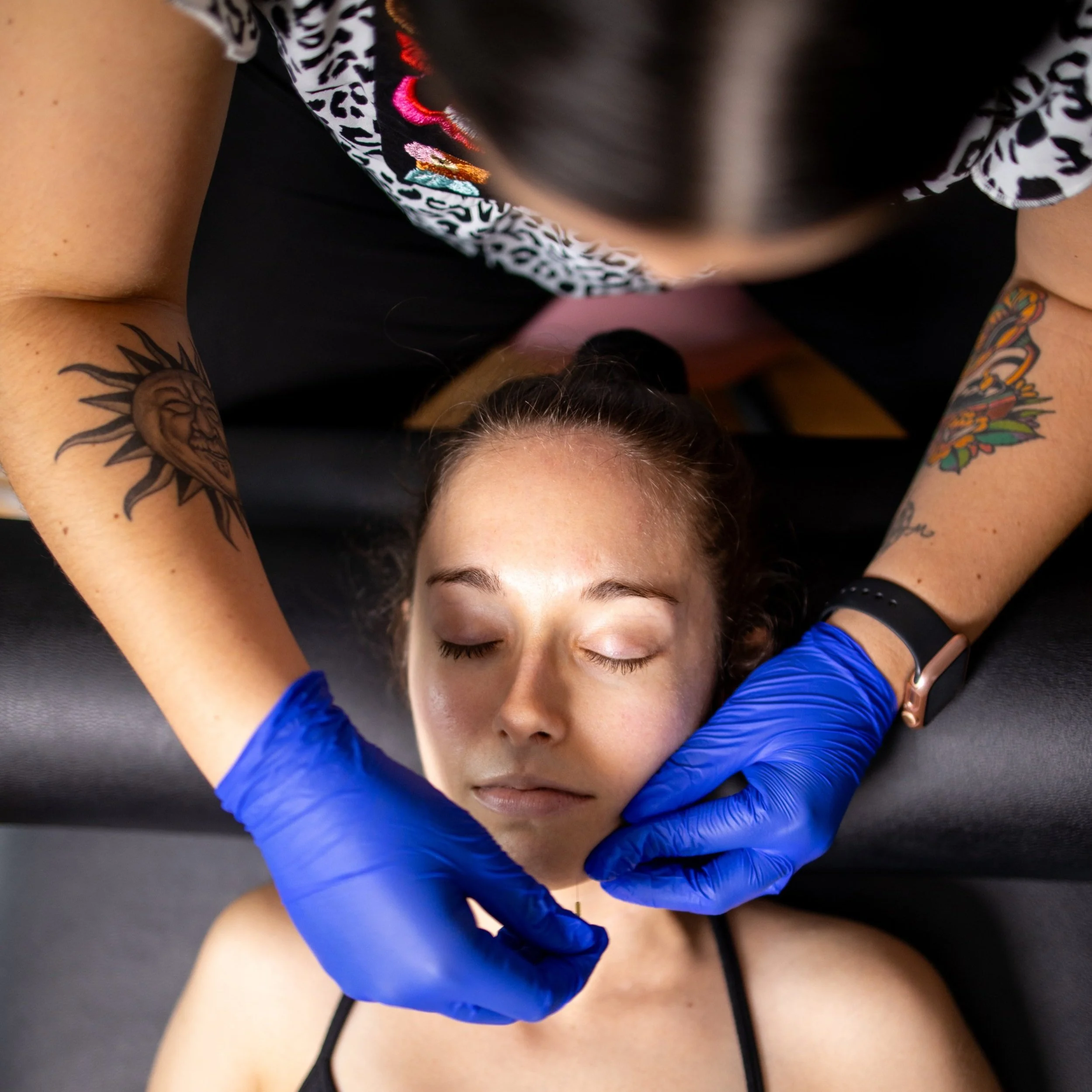Jaw Pain: Finding Relief Through Stress Management and Evidence-Based Care
If you've been grappling with jaw pain lately, you're not alone!
Over the past couple of years, I've seen a noticeable uptick in cases of severe jaw pain, and I'm willing to bet it's closely linked to the increased stress levels many of us have experienced. Jaw pain, also known as temporomandibular joint (TMJ) pain, can be a real discomfort, affecting your daily life and overall well-being. However, there are some crucial do's and don'ts when it comes to managing and alleviating this pain effectively.
The Role of Stress Management:
One of the most vital do's in managing jaw pain is stress management. Stress and tension often go hand in hand with jaw pain. During times of high stress, many of us unknowingly clench our jaw or hold tension in our head, neck, and shoulders, exacerbating the pain. Therefore, it's essential to prioritize stress management as a foundational step towards healing these areas.
Stress management techniques like meditation, deep breathing exercises, yoga, and mindfulness can be incredibly beneficial. Not only do they help ease the tension in your muscles, but they also contribute to your ability to calm down your nervous system. Finding ways to reduce stress in your daily life is a proactive step toward managing and preventing jaw pain.
Consult Your Dentist:
Another crucial step is to consult with your dentist. It's essential to rule out any dental issues or infections that might be contributing to your jaw pain. Your dentist can perform a thorough examination to identify potential causes and recommend appropriate treatments. In some cases, they may suggest using a bite guard, also known as a splint, to alleviate the effects of clenching and protect your teeth.
Evidence-Based Physical Therapy:
When it comes to treating jaw pain, especially if it's persistent, physical therapy can be incredibly effective. Evidence-based physical therapy sessions for jaw pain typically begin with a comprehensive assessment of the jaw, head, and neck. This assessment helps pinpoint the source of the pain and guides the development of a personalized treatment plan.
Some examples of evidence-based treatments for jaw pain in physical therapy include:
Dry Needling: This technique involves the precise insertion of thin needles into specific facial, jaw, and neck points to relieve muscle tension and pain.
Strengthening Exercises: Targeting the shoulders, upper back, and neck muscles can help improve posture and reduce strain on the jaw joint.
Manual Therapy: Skilled therapists may use hands-on techniques to improve jaw mobility, reduce muscle tightness, and alleviate pain.
Guided Home Programs: Your physical therapist will provide you with exercises and stretches to perform at home. Consistency in following these programs is key to maintaining and progressing to a higher level of fitness.
In conclusion, managing jaw pain involves a holistic approach that includes stress management, dental consultation, and evidence-based physical therapy. By taking proactive steps and seeking professional guidance, you can find relief and regain control over your life, free from the discomfort of jaw pain. Don't let jaw pain hold you back; take action today for a brighter, pain-free tomorrow.
If you are struggling with illness or injury and would like to get your body moving, schedule a physical therapy appointment with us today! At Wildflower Physical Therapy & Wellness, we can help you to get back to the life you want to live through pain management strategies, activity promotion and exercise.

